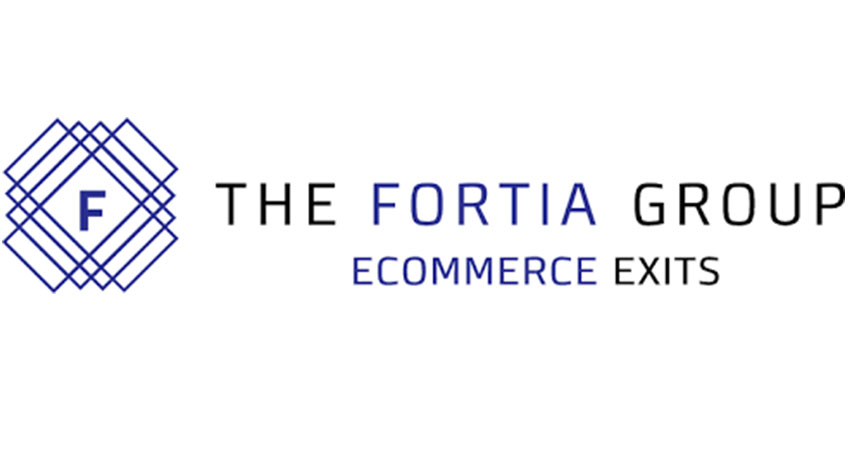The Fortia Group CEO Emmett Kilduff said he and his partners saw a vacant corner of the brand aggregator market, creating a new financing syndicate that gives entrepreneurs who have exited their ecommerce business an opportunity to invest in aggregators and reap the rewards of their growth.
Founded last year, The Fortia Group advises ecommerce entrepreneurs on exit strategy, and provided investment banking services for brand aggregators.
“Over the holidays, we decided we wanted to get a piece of the action, and the way to do it was as corporate financiers, creating a syndicate,” Kilduff said. “Some of the press talk is about the (aggregator) space going bust. Yes, they can’t all succeed, and it’s too late for a Thrasio me too, there’s too many of those. But there’s significant opportunity in our view for niche players.”
He said The Fortia Group will focus on investing in niche aggregators with a geographic focus, including under-served markets like India, South Korea, China and Latin America, as well as product category-specific rollups. His syndicate will look to participate in early investments such as Series A rounds “where there aren’t as many players,” Kilduff said.
The syndicate’s investment committee includes Thomas Copeman of Nomadic Capital Management, a first-round investor in Thrasio; Richard Jalichandra, founder of first-ever Amazon aggregator 101 Commerce; Anthony Johnson, former CTO of Thrasio and recent co-founder of Swiftline; John Li, an entrepreneur who sold his Amazon brand for $17.5 million before launching incubator Spartan Brands; and Gerald Schoenbucher, founder of German marketplace Real.de, acquired by Kaufland.de, which is owned by Schwarz Gruppe.
Kilduff said he and his co-founders – COO David Hyland and director of ecommerce Paul Hanley – had given serious consideration to forming their own aggregator group before deciding instead to become an investment bank focused on ecommerce.
“By working with all the aggregators on their acquisitions of brands, we have built strong relationships in the aggregator community,” he said. “This facilitates a unique access to deal flow and provides substantial insight and experience into what’s required for relevant diligence in the space.”
In addition, the fact that The Fortia Group’s syndicate includes entrepreneurs who have had successful exits provides more credibility with brand owners looking to do the same, while also offering them the opportunity to take a stake in an aggregator.
Kilduff said the proliferation of aggregators means a likely consolidation trend in the near term, such as Olsam’s December acquisition of Flywheel Commerce. “Roll forward a few years, and the consolidators will get consolidated,” he said. “A niche player can prove themselves in a 3-5-year view and likely get gobbled up by bigger aggregators.”
The Fortia Group’s first announced investment is in Founded Brands, an aggregator of beauty brands selling on Amazon. A second, not yet announced, will be in an aggregator focused on distressed Shopify brands.
“This (niche player model) can help in a variety of ways,” Kilduff said. “An aggregator focused on beauty, for example, understands that business and those entrepreneurs, and has a better rapport. There’s more of a chance to improve performance because they get the space. You can make sure your baby is in the right hands.”

